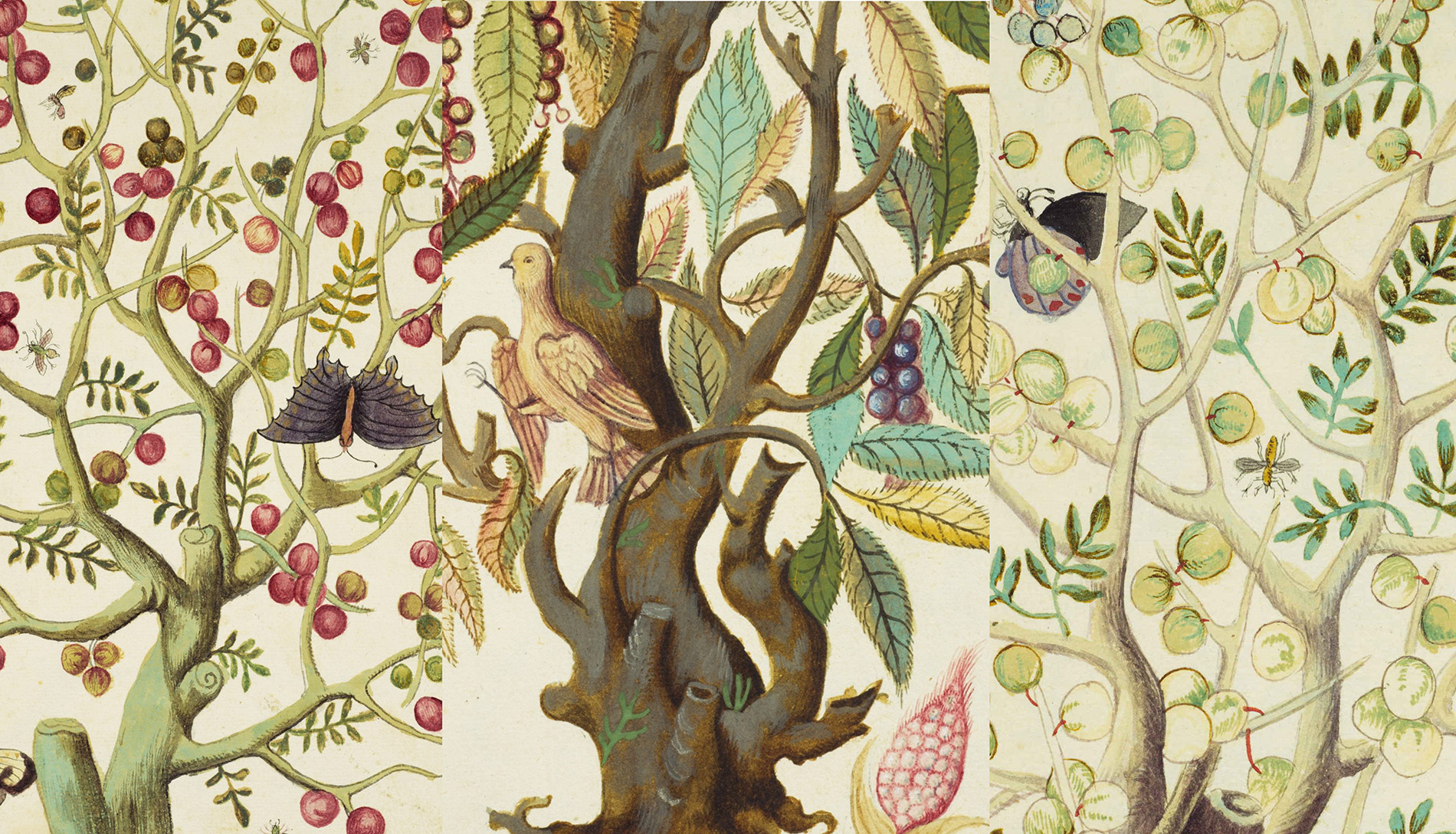The Transforming Knowledge of Healing Plants
MATERIA MEDICA in Transit

The Transforming Knowledge of Healing Plants
MATERIA MEDICA in Transit
Introduction
“MAT-MED in Transit. The Transforming Knowledge of Healing Plants” is a research project which investigates the circulation of scientific knowledge about the therapeutic properties of the so-called ‘simples’ – i.e. plants (mainly), animals and minerals – in early modern Italy. These simples are the materia medica, whose circulation is being reconstructed through archival records and an in-depth study of two vernacular textual genres, herbals and recipe books, produced both in manuscript and in print between the 16th and the early 17th centuries.
Two long videos (or 10 short ones) have been created to share some features of the research.
The secret gardens in early modern Venice… revealed through ancient texts
By exploring a famous woodcut map of Early Modern Venice, a spectacular work by the painter and engraver Jacopo de’ Barbari documenting the city’s layout in the year 1500, we can still see where well-off residents, monasteries and convents, professionals and artisans, kept their own gardens to grow medicinal plants.
- Introduction
- Gardens and “Materia medica” on the Laguna
- Gardens with rare and medicinal plants
- Pietro Antonio Michiel’s Garden
- Giovanni Beni’s pensile and potted Garden in Santa Marina in Borgoloco
- The Garden of Lorenzo Patarol in Madonna dell’Orto
- The Benedictines’ garden and apothecary shop in S. Giorgio Maggiore
- Monastery of the Redentore in the Giudecca
- Loredana Marcello Mocenigo’s Garden in Giudecca
- Botanical collections in Murano: Morosini, Correr, Navagero
- The secret gardens in early modern Venice… Credits
Early modern apothecary shops
The last step necessary in order to obtain a medicine was to process natural substances (the ‘simples’) in a laboratory – professional or not. In the Early Modern era, apothecaries and apothecary shops played a key role in the Venetian economy.
Website and Database
The project website, which includes also digital reproductions, transcriptions, and commentary, of the five volumes of the Herbal of Pietro Antonio Michel (1510-1576).
https://pric.unive.it/projects/mat-med/home
MatMed-Readers. A database of editions relating to materia medica, with a focus on their users.
Credits
The videos and webpage have been created by Sabrina Minuzzi, Principal Investigator of ‘MAT-MED in Transit. The Transforming Knowledge of Healing Plants’. This project has received funding from the European Union’s Horizon 2020 research and innovation programme under the Marie Sklodowska-Curie grant agreement No 844886.
Videos and webpage produced by Sabrina Minuzzi, with the support of Associazione Amici della Marciana and Lincoln College, University of Oxford. They reflect only the author’s view and the European Research Executive Agency is not responsible for any use that may be made of the information they contain.
Realized by Alicubi DhLab.
